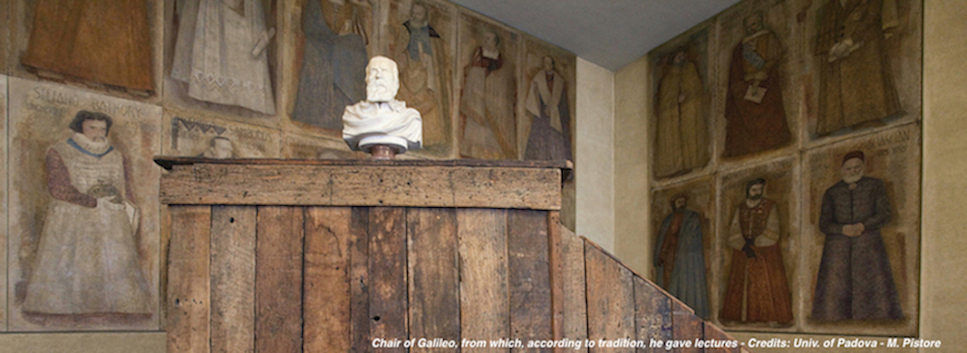Speaker
Description
Neutrino oscillation experiments aim to measure the neutrino oscillation parameters with accuracy and achieve a complete understanding of neutrino physics. The determination of the neutrino oscillation parameters depends on the knowledge of the neutrino energy, which is reconstructed based on the particles in the final state that emerge out of the nucleus after the neutrino-nucleus interaction. This scattering becomes more complicated for the heavy nuclear targets(viz. Argon,
Calcium, etc.) that are being used by the current and upcoming neutrino oscillation experiments. In this work, we explore the viability of using machine learning algorithm (MLA) to improve the systematics due to mis-reconstrued neutrino energy and inherent nuclear effects in the heavy nuclear targets against the calorimetric method of neutrino energy reconstruction. We use data samples obtained from two neutrino event generators viz. GENIE and GiBUU to train the MLA.
We find the Ar/H ratio in an attempt to quantify nuclear effects in the Argon target, using the MLA we find that a combined data sample from both the neutrino event generators gives the ideal result.

